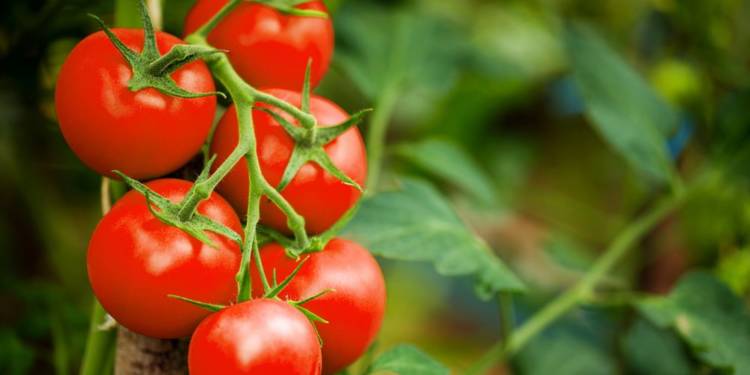Tomato is one of the horticultural plants that are commonly found in Indonesia. Tomatoes are well known as plants that are susceptible to disease. These diseases can be identified by looking at the physical changes in the plant such as leaves. If it is infected with the disease, it is necessary to have proper handling so that crop failure does not occur. For this reason, this project was made to classify diseases in tomatoes based on the images of the leaves along with descriptions and treatment of the disease using machine learning. This project is called Dectma.
Dectma (Detection Tomatoes) is a web application to detect diseases in tomatoes through image detection on tomato leaves using YoLo
- 🍂 Classification of diseases in tomatoes
- 📋 There is an explanation regarding the disease (such as the cause of the disease occurring)
- 📌 Recommend appropriate treatment to overcome the disease
- 🔎 Detect diseased tomatoes using leaf image
- Tomato Disease Multiple Sources (Qasim Khan, 2022) in Kaggle
- Tomato leaf disease detection (Kaustubh B, 2019) in Kaggle
- Tomato Leaf Diseases Computer Vision Project (MFakhrulAM) in Roboflow
- Tomato416_8c Image Dataset (pdata1) in Roboflow
- Access dectma directly on Vercel or run
npm start(you have to install ReactJS first) - Upload your image to classifying the disease
- Wait until the prediction appear
- If the prediction has appeared, read the prediction
All code contributions - including those of people having commit access - must go through a pull request and be approved by a core developer before being merged. This is to ensure a proper review of all the code. We truly ❤️ pull requests! Feel free to open pull request.
For security issues, kindly email us at manabil instead of posting a public issue on GitHub or other contributor.
This project has adopted a Code of Conduct that we expect project participants to adhere to. Please read the code of conduct so that you can understand what actions will and will not be tolerated.
This repository is available under the MIT License.
- Chaerani, Reni, and Roeland E. Voorrips. “Tomato Early Blight (Alternaria Solani): The Pathogen, Genetics, and Breeding for Resistance.” Journal of General Plant Pathology, vol. 72, no. 6, 2006, pp. 335–47, https://doi.org/10.1007/s10327-006-0299-3.
- Hong, Huiqun, et al. “Tomato Disease Detection and Classification by Deep Learning.” Proceedings - 2020 International Conference on Big Data, Artificial Intelligence and Internet of Things Engineering, ICBAIE 2020, 2020, pp. 25–29, https://doi.org/10.1109/ICBAIE49996.2020.00012.
- Karegowda, Asha Gowda, et al. “State-of-Art Deep Learning Based Tomato Leaf Disease Detection.” Proceedings of the 3rd International Conference on Integrated Intelligent Computing Communication & Security (ICIIC 2021), vol. 4, no. Iciic, 2021, pp. 303–11, https://doi.org/10.2991/ahis.k.210913.038.
- Khasawneh, Natheer, et al. “Automatic Detection of Tomato Diseases Using Deep Transfer Learning.” Applied Sciences (Switzerland), vol. 12, no. 17, 2022, https://doi.org/10.3390/app12178467.
- Latin, Richard X. “Vegetable Disease Control Recommendations for 1987.” Historical Documents of the Purdue Cooperative Extension Service, 1987, https://docs.lib.purdue.edu/agext/420/.
- Liu, Jun, and Xuewei Wang. “Tomato Diseases and Pests Detection Based on Improved Yolo V3 Convolutional Neural Network.” Frontiers in Plant Science, vol.11, no. June, 2020, pp. 1–12, https://doi.org/10.3389/fpls.2020.00898.
- Rangarajan, Aravind Krishnaswamy, et al. “Tomato Crop Disease Classification Using Pre-Trained Deep Learning Algorithm.” Procedia Computer Science, vol.133, 2018, pp. 1040–47, https://doi.org/10.1016/j.procs.2018.07.070.






